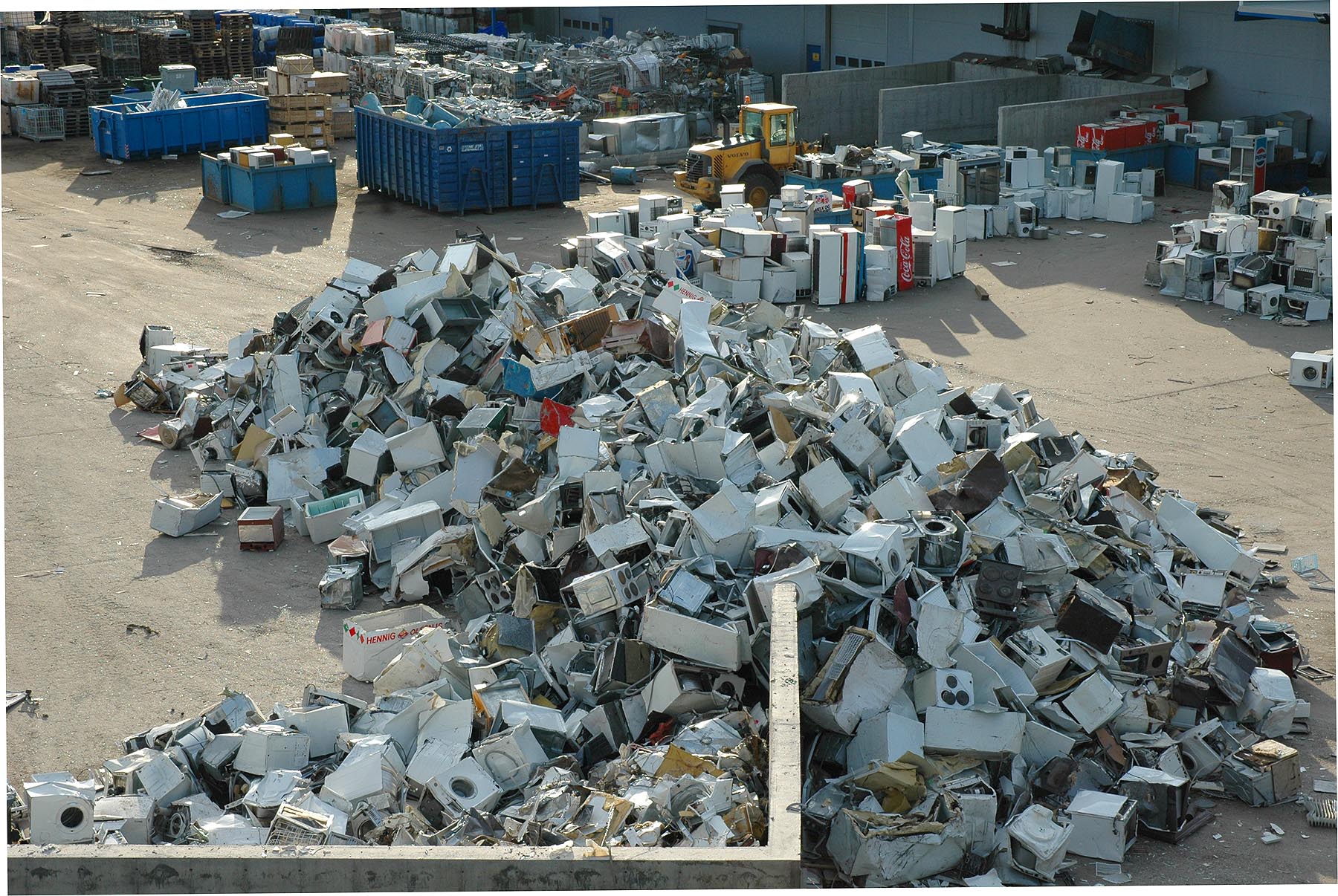An assessment into the feasibility and socio-economic and environmental impacts of setting re-use targets for used electrical goods at EU level was published this week. The report rightly highlights the need for better access for re-use organisations to discarded re-usable goods at municipal waste collection sites as well as those operated by collective schemes and retailers, but regrettably shies away from recommending separate targets for WEEE re-use at EU level. RREUSE, representing Europe’s main re-use social enterprise networks, says this is a missed opportunity for the economy, environmental protection and job creation as millions of re-usable goods will be continue to be thrown away unnecessarily.
Millions of re-usable appliances are thrown away each year because of minor defects or changing fashion trends. Most of these goods are recycled, burned or buried prematurely. Stronger legislation is needed to allow re-use organisations access these products to prepare them for the second hand market.
Re-use has high job-creation potential. Refurbishment of 1000 tonnes of ICT equipment, for example, can create around 200 jobs, in comparison to 15 for recycling[1]. The report also supports the idea of having ‘repair friendly’ criteria within implementing measures of the EU’s eco-design directive. This would mean a new focus on repairability of new electrical goods, not just on their energy efficiency as with current EU rules. The report also suggests smart use of taxation such as zero VAT rates on repair activities – this is welcome.
RREUSE disagrees with the lack of strong support for target setting in the study. Targets have been shown to work in Spain and the Belgian region of Flanders.
Michal Len, director of RREUSE said:
“A lack of access for re-use organisations to discarded re-usable goods is a major obstacle to developing the re-use sector in Europe. It is essential that the EU sends the right signal to member states that access for approved re-use centres to waste collection facilities is guaranteed in law. WEEE re-use targets, such as those recently set in Spain, are also critically important for incentivising all relevant players to cooperate and prioritise re-use. We urge the Commission to consider the success of national schemes and look again at EU wide targets.”
According Article 11 of the current EU WEEE Directive, the Commission should make a decision about proposing a separate WEEE re-use target at EU level by August 2016.
[1] DCEO (2006) a report of Waste Electronics Disposal and Recycling available online


